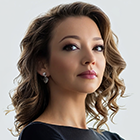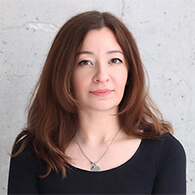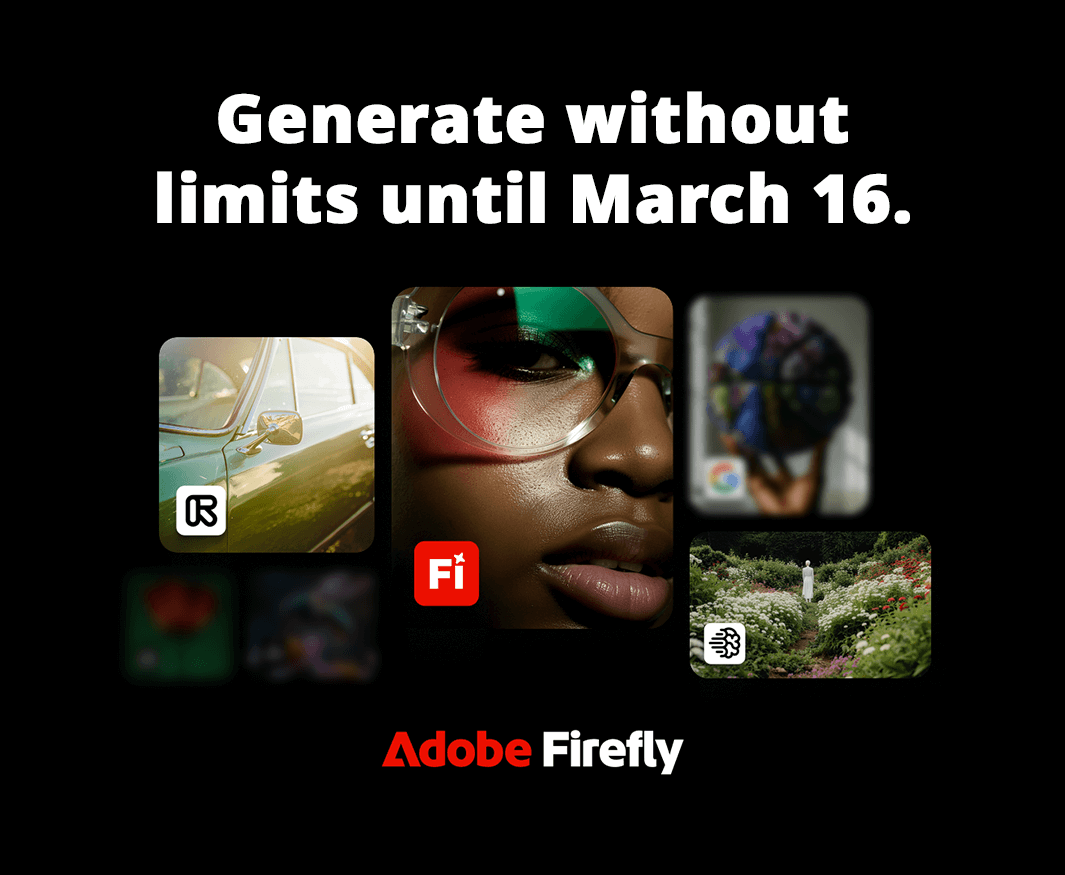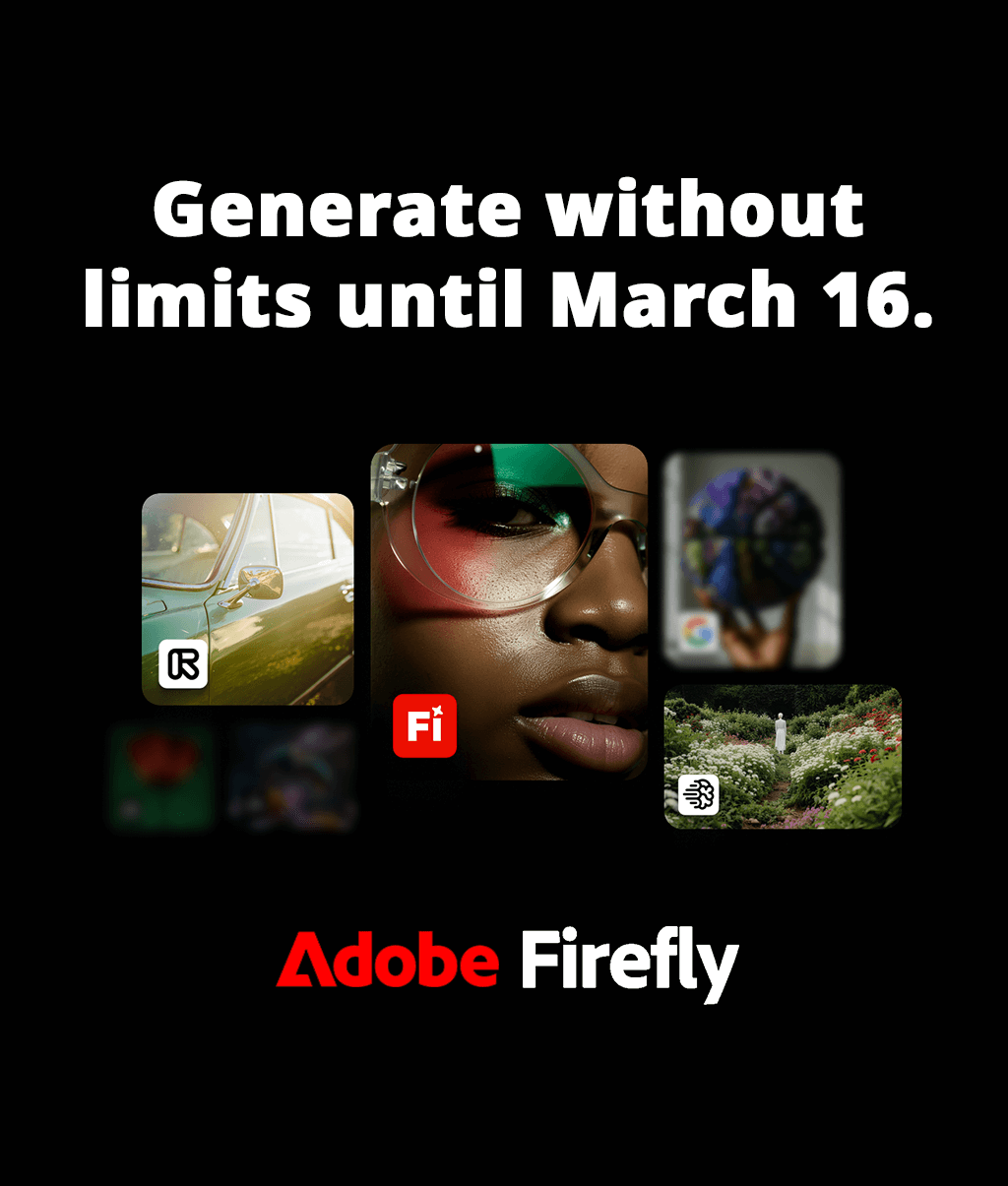Camera Modes Guide For Amateurs

No matter whether you are a beginner or an advanced user, you should know which photography mode on your device will help you in this or that situation. I’ve collected all the necessary info on all existing camera modes for you to know which one to use to get great photos.
Basic Concepts of Camera Modes
In short, a camera mode is a number of shooting parameters in terms of lighting necessary to convey the exposed scene. Besides, applying this or that digital camera mode, a photographer controls such exposure settings as shutter speed, photosensitivity, aperture and depth of field.
As a rule, all amateurs can’t understand the peculiarities of using camera modes and prefer to photograph in Auto Mode. However, applying different modes, you may get pics of better quality.
Camera Modes Types
All camera modes are divided into 2 groups: basic and non-basic. Basic camera modes allow you to change settings and adjust the mode according to your taste and requirements of the situation. Speaking about non-basic camera modes, all the settings are automatic and can’t be adjusted.
Main Camera Modes
Program Mode “P”
 Program mode resembles an Auto Mode. But the difference is that in the Program Mode, almost all camera parameters should be adjusted manually and only exposure is automatic. Depending on the light conditions, a camera increases or decreases the aperture and shutter speed, therefore, balancing these values. Exposure compensation, ISO and white balance parameters may be entered by the shooter. This mode is usually applied when there is a necessity to switch from fully automatic mode to some other one. In this case, you don’t have to worry about the appropriate settings.
Program mode resembles an Auto Mode. But the difference is that in the Program Mode, almost all camera parameters should be adjusted manually and only exposure is automatic. Depending on the light conditions, a camera increases or decreases the aperture and shutter speed, therefore, balancing these values. Exposure compensation, ISO and white balance parameters may be entered by the shooter. This mode is usually applied when there is a necessity to switch from fully automatic mode to some other one. In this case, you don’t have to worry about the appropriate settings. 
Aperture Priority Mode “A”
 If you ask shooters what their favorite mode is, the majority will name the Aperture Priority. That’s because here you manually adjust the aperture within the range and the camera selects the best shutter speed. It is perfect for images with blurred background. Moreover, you may control bokeh intensity in this mode, which is essential while taking portraits. You will get long-exposure pics if you close the aperture in “A” mode.
If you ask shooters what their favorite mode is, the majority will name the Aperture Priority. That’s because here you manually adjust the aperture within the range and the camera selects the best shutter speed. It is perfect for images with blurred background. Moreover, you may control bokeh intensity in this mode, which is essential while taking portraits. You will get long-exposure pics if you close the aperture in “A” mode.
Shutter Priority Mode “S”
 This digital camera mode operates according to the opposite principle. You manually adjust the shutter speed and the camera selects an appropriate aperture. These adjustments depend on the amount of lighting passing through the lens. This mode is appropriate when it is necessary to freeze the movement in the frame or blur it and take long exposure photography. It is ideal for sports competitions (basketball photography) and moving objects. If you want to freeze an object, you just have to take a shot with short shutter speed, for instance, 1/2000. Automatic ISO is also suitable for this camera mode.
This digital camera mode operates according to the opposite principle. You manually adjust the shutter speed and the camera selects an appropriate aperture. These adjustments depend on the amount of lighting passing through the lens. This mode is appropriate when it is necessary to freeze the movement in the frame or blur it and take long exposure photography. It is ideal for sports competitions (basketball photography) and moving objects. If you want to freeze an object, you just have to take a shot with short shutter speed, for instance, 1/2000. Automatic ISO is also suitable for this camera mode.
Manual Mode “M”
 Speaking about this photography mode, you adjust the shutter speed and aperture manually. In such a way, the exposure is fully controlled by you. As a rule, this mode is applied when there are unusual lighting conditions and the camera can’t automatically adjust the most appropriate settings. If you don’t want to be limited in your creativity, Manual Camera Mode is the best variant. It allows setting all the adjustments related to the exposure.
Speaking about this photography mode, you adjust the shutter speed and aperture manually. In such a way, the exposure is fully controlled by you. As a rule, this mode is applied when there are unusual lighting conditions and the camera can’t automatically adjust the most appropriate settings. If you don’t want to be limited in your creativity, Manual Camera Mode is the best variant. It allows setting all the adjustments related to the exposure.
- View more about the best camera settings for product photography.
Other Camera Modes
This group includes different camera modes in which the parameters are pre-programmed. The shutter speed and the aperture are already chosen for some peculiar conditions. These shooting modes are great when you start your photography career and have no idea how to select appropriate settings manually or when you quickly need to take a nice shot.
Auto Mode
 The name of this mode speaks for itself. The camera adjusts all the settings automatically (shutter speed, aperture, ISO, white balance, focus and flash). Your task is only to press the button. Apply this photography mode if you aren’t sure what settings to choose or if there is enough lighting. However, mind that you will not have any control over the values and all the parameters will be chosen by the camera.
The name of this mode speaks for itself. The camera adjusts all the settings automatically (shutter speed, aperture, ISO, white balance, focus and flash). Your task is only to press the button. Apply this photography mode if you aren’t sure what settings to choose or if there is enough lighting. However, mind that you will not have any control over the values and all the parameters will be chosen by the camera.
Sport Mode
 If you shoot fast-moving objects, undoubtedly it is the best variant. Sport camera mode provides a high shutter speed to freeze the objects in the frame.
If you shoot fast-moving objects, undoubtedly it is the best variant. Sport camera mode provides a high shutter speed to freeze the objects in the frame.I recommend applying this mode with the Continuous Camera Mode.
In such a way, you will have many pics that will show the action.

Macro Mode
 In comparison with other camera shooting modes, the Macro one involves harder focusing. The thing is that the depth of field is narrow at short distances and it’s better to shoot in bright lighting conditions. To realize all macro photography ideas, I recommend using a tripod. The depth of field is so small that even the slightest motion to the side will spoil the focus.
In comparison with other camera shooting modes, the Macro one involves harder focusing. The thing is that the depth of field is narrow at short distances and it’s better to shoot in bright lighting conditions. To realize all macro photography ideas, I recommend using a tripod. The depth of field is so small that even the slightest motion to the side will spoil the focus.
Portrait Mode
 The peculiarity of this photography mode is that the object should be in the foreground. That is why a shallow depth of field is chosen by the camera. These settings are perfect to highlight the model, blurring the background. If you need to capture one person, it is a perfect variant. I recommend coming closer to him/her and photographing only the head and the shoulders. Of course, it’s better to arrange perfect lighting for the portrait photography. But if still there isn’t enough light, the camera will activate a flash.
The peculiarity of this photography mode is that the object should be in the foreground. That is why a shallow depth of field is chosen by the camera. These settings are perfect to highlight the model, blurring the background. If you need to capture one person, it is a perfect variant. I recommend coming closer to him/her and photographing only the head and the shoulders. Of course, it’s better to arrange perfect lighting for the portrait photography. But if still there isn’t enough light, the camera will activate a flash.
Landscape Mode
 If you apply this camera mode, mind that the camera will choose a small aperture value. It is done to guarantee that the whole scene is focused. Although it is a pre-programmed mode, you may experiment with distances while shooting wide landscape photography. If the camera decides that it is too dark, it will activate a flash. However, you may manually deactivate this function.
If you apply this camera mode, mind that the camera will choose a small aperture value. It is done to guarantee that the whole scene is focused. Although it is a pre-programmed mode, you may experiment with distances while shooting wide landscape photography. If the camera decides that it is too dark, it will activate a flash. However, you may manually deactivate this function.
Night Mode
 If you have some problems with lighting or shoot in the evening, it is the best photography mode for such conditions. Thanks to slower shutter speed, the camera will easily capture the tiniest background details. The flash, in its turn, will highlight the object in the foreground. In order to avoid blurring, use a tripod. Experiment with this mode while shooting outdoors and also photographing color-lit night discos.
If you have some problems with lighting or shoot in the evening, it is the best photography mode for such conditions. Thanks to slower shutter speed, the camera will easily capture the tiniest background details. The flash, in its turn, will highlight the object in the foreground. In order to avoid blurring, use a tripod. Experiment with this mode while shooting outdoors and also photographing color-lit night discos.
Movie Mode
 This digital camera mode allows recording videos. As a rule, it is on the mode dial together with the other ones. However, sometimes it’s not available.
This digital camera mode allows recording videos. As a rule, it is on the mode dial together with the other ones. However, sometimes it’s not available.Aperture Priority Mode with Depth of Field Control
 This photography mode is also called “A-Dep”. Today, you may find it only in the newest Canon cameras. In short, when you apply this mode, the camera focuses on many points and chooses the best settings to maximize the depth of the captured space. I recommend using this mode when you need to shoot urban photography. In such a way, you will highlight the main architecture objects and also show smaller details. In addition, it is perfect for photographing various exhibitions when you have to shoot several objects at a distance.
This photography mode is also called “A-Dep”. Today, you may find it only in the newest Canon cameras. In short, when you apply this mode, the camera focuses on many points and chooses the best settings to maximize the depth of the captured space. I recommend using this mode when you need to shoot urban photography. In such a way, you will highlight the main architecture objects and also show smaller details. In addition, it is perfect for photographing various exhibitions when you have to shoot several objects at a distance.
- Read about recommended real estate photography camera settings.
FAQ: Camera Modes
Where Are the Camera Modes?
Every camera has a camera mode dial. It includes different camera modes and is located on the top panel of the camera body (to the left or right). The indicators of modes vary in cameras by various manufacturers. For example, in Nikon cameras, you will find “P”, “S”, “A” and “M”. Speaking about Canon, the modes are indicated as “P”, “Tv”, “Av” and “M”. If you want to change the mode, you just turn the wheel to the necessary letter.
In What Modes Do Professional Photographers Shoot?
As a rule, professional shooters apply S, A, M camera modes. Other modes with pre-programmed parameters are not very effective for them. Moreover, they do not apply a P mode at all since they don’t consider it necessary to choose 2 parameters simultaneously.
Do Photographers Use Auto Mode?
Of course, they do. It saves much time and is very useful when a perfect moment occurs and you have to take shot quickly but don’t have time for manual adjustments. Besides, shooters often use autofocus to shoot sports competitions.
What Does the Letter B on the Camera Mean?

It is an indicator of a lamp camera mode “B”. If you apply it, the shutter remains open the whole time you hold the button. It is suitable for long exposure shots.
What Are the Main Settings for Exposure?
The basic values related to the exposure are aperture, photosensitivity and shutter speed. Each of them affects the shot differently. The shutter speed regulates how long the exposure takes, the aperture controls the amount of light entering the camera, while ISO deals with the sensor.


What Do the Letters WB Mean?
It is an abbreviation for white balance. If you adjust this setting correctly, your shot will not have unrealistic colors. For example, white objects will remain truly white in the picture. Moreover, mind that you should set the white balance in such a way that it matches the “color temperature” of the light source.
What Do the Designations "C1, C2, C3" on the Mode Dial Mean?

Apart from basic shooting modes, some Canon cameras have C1, C2, C3 indicators on the dial. They correspond to your own saved parameters. For example, you have perfectly adjusted the camera and want to save these adjustments. You may easily do it and then choose the necessary one (C1, C2 or C3) any moment you like.
Freebies
It’s not a secret that there are many different camera modes for various shooting conditions. You are free to experiment by applying them in different places. Moreover, you may also improve the shots using free image editing tools. They will help make your images even more impressive.
Matte


Apply this effect to add final touches to the shot. The image will become fresher and more eye-catching. Breathe new life into your photographs!
Bokeh


This free tool is perfect for images taken with a portrait camera mode. It will greatly improve the images, making them more saturated and fresh.
Fashion Look


If you want to make your images more expressive and sophisticated, you have found the best tool for it. This preset is perfect for pictures taken in manual or sports camera mode. Apply it to enhance your images with light blue shades and make them more dramatic.



